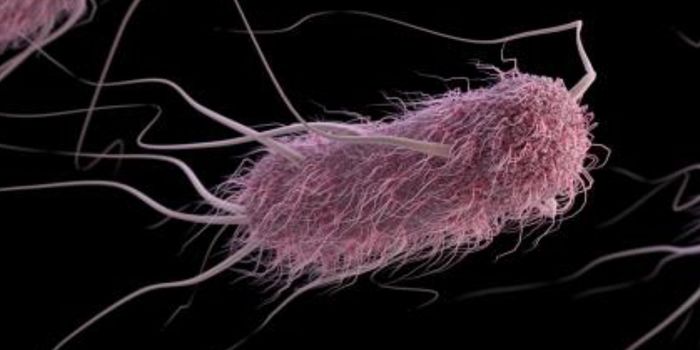Blood from Physically-active Boosts Memory in Sedentary Mice
Sedentary mice experience reduced neuroinflammation and improved cognitive abilities after receiving blood from physically active mice. The corresponding study was published in Nature by researchers at Stanford University.
Research suggests that neuroinflammation- inflammation in the brain- is a precursor for neurodegenerative disorders. Neuroinflammation is also known to exacerbate neurodegenerative diseases such as Alzheimer’s. Reducing or preventing neuroinflammation may thus be a way to protect cognitive health.
Exercise is linked to numerous health benefits, such as more nerve-cell production and less inflammation. Previous studies have shown that these benefits may be attributed to factors in the blood. As such, the researchers hypothesized that transferring blood from physically-active mice may improve the cognitive health of more sedentary mice by reducing inflammation.
To test their theory, the researchers assessed 3-month-old mice- the metabolic equivalent of 25-year-old humans- in a cage either with a fully-functional exercise wheel or one that had been locked and was thus unusable. While mice with fully-functional wheels ran around 4-6 miles per night, mice with non-functioning wheels barely exercised.
After a month, the researchers assessed their brains. They found that physically-active mice had significantly more neurons and other cells in their brains than their sedentary counterparts.
In the next experimental stage, the researchers collected blood from both active and inactive mice. Every three days, they then injected other sedentary mice with either plasma from the active or inactive mice.
In the end, they found that mice injected with ’ active mouse’ blood outperformed mice with ‘sedentary blood’ in memory tests. They also had more neurons in their hippocampi- a part of the brain responsible for memory and navigation- than mice given ‘sedentary blood’.
From further experiments, the researchers found that one protein, clusterin, was largely responsible for these differences. When removed from ‘active mouse’ blood, the anti-inflammatory benefits otherwise observed were negated. However, when administered by itself, it was able to reduce brain inflammation in mouse models of bodywide inflammation and Alzheimer’s.
While further research is needed to confirm these findings, the researchers speculate that a drug that enhances or mimics clusterin could slow neuroinflammation and associated neurodegenerative diseases such as Alzheimer’s.
Sources: Nature, Science Daily









